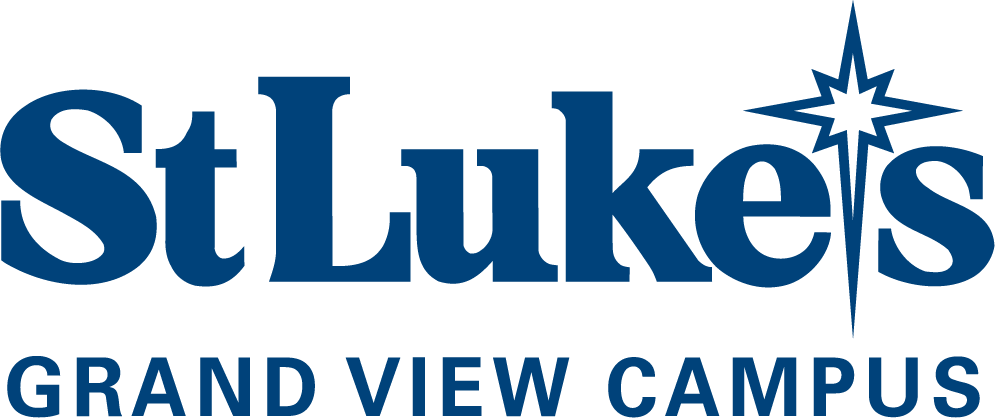
You may know that age, family history and genetic mutations like BRCA 1 and BRCA 2 are risk factors for breast cancer. But you may not be aware that breast density can also significantly increase your risk.
Studies show that women with dense breasts are four-to-five times more likely to get breast cancer than women with non-dense breasts. To help you understand more about your breast health, new rules require your healthcare provider to inform you about your breast density on your mammogram report.
What are dense breasts?
“Your breasts are made up of three types of tissue — glandular, connective and fatty,” Dr. Gary explains. “If you’re found to have dense breasts, it means you have high amounts of glandular and connective tissue and low amounts of fatty tissue.” Nearly half of all women aged 40 and older are found to have dense breast tissue, which falls into one of four categories:
- Category A: Breasts are almost all fatty tissue
- Category B: Scattered areas of dense glandular and fibrous (connective) tissue
- Category C: Higher levels of dense glandular and fibrous tissue (called heterogeneously dense).
- Category D: Extremely dense tissue.
“You are determined to have dense breast tissue if you fall into Category C or D,” Dr. Gary says.
The problem with dense breast tissue is that it can make it harder to find early signs of cancer on a mammogram.
“Fatty breast tissue shows up as dark or transparent spots on a mammogram, which means it’s easier to find lesions or masses that show up as white,” Dr. Gary says. “However, dense breast tissue appears white on a mammogram, too, which makes it more challenging to distinguish between normal dense tissue and some abnormal growths.”
How do I know my breast density?
The size, look and feel of your breasts do not indicate your breast density, and you can’t determine breast density with a self-breast exam. The only way to know for sure whether you have dense breasts is by getting your mammogram.
What are the new rules for informing women about breast density?
In September 2024, the Food and Drug Administration implemented new regulations requiring healthcare providers like those at Grand View Health to notify women about their breast density following mammograms.
Now, when you get your mammogram results, your report will include one of these two statements:
- Dense: Your breast tissue is dense. In some people with dense tissue, other imaging tests in addition to a mammogram may help find cancers. Talk to your healthcare provider about breast density, risks for breast cancer and your individual situation.
- Not dense: Your breast tissue is not dense. Talk to your healthcare provider about breast density, risks for breast cancer and your individual situation.
Do I need additional screening if I have dense breast tissue?
The good news is that 3D mammography, the type used at Grand View Health, is designed to identify hard-to-spot cancers in their earliest, most treatable stage, including abnormalities in women with dense breast tissue. 3D mammography takes multiple images of the breast and combines them into a single 3D image that gives your radiologist the most complete picture possible.
However, even with 3D mammography, your healthcare provider may recommend additional screening if you have dense breasts. These extra screenings may include a breast MRI or ultrasound. Extra screening options are often recommended for women who have multiple risk factors for breast cancer. “Have a conversation with your doctor to determine which screenings are right for you,” Dr. Gary says.
Where can local women with dense breast tissue get 3D mammograms?
No matter where you live in Bucks and Montgomery counties, you can book a mammogram close to home. Grand View Health offers 3D mammography at all its imaging locations. Our machines deliver the lowest possible dose of radiation. And because they create highly detailed images, 3D mammograms often lead to more precise diagnoses, with less need for follow-up imaging and lower incidences of biopsies.
You can get a walk-in mammogram — no doctor’s order necessary — weekdays at our locations in Sellersville (Grand View Hospital), Quakertown, Pennsburg, Lansdale and Dublin borough. You can also get mammograms by appointment at our Outpatient Centers in Sellersville and Harleysville.
Schedule your mammogram today. Call 215-453-4100.
